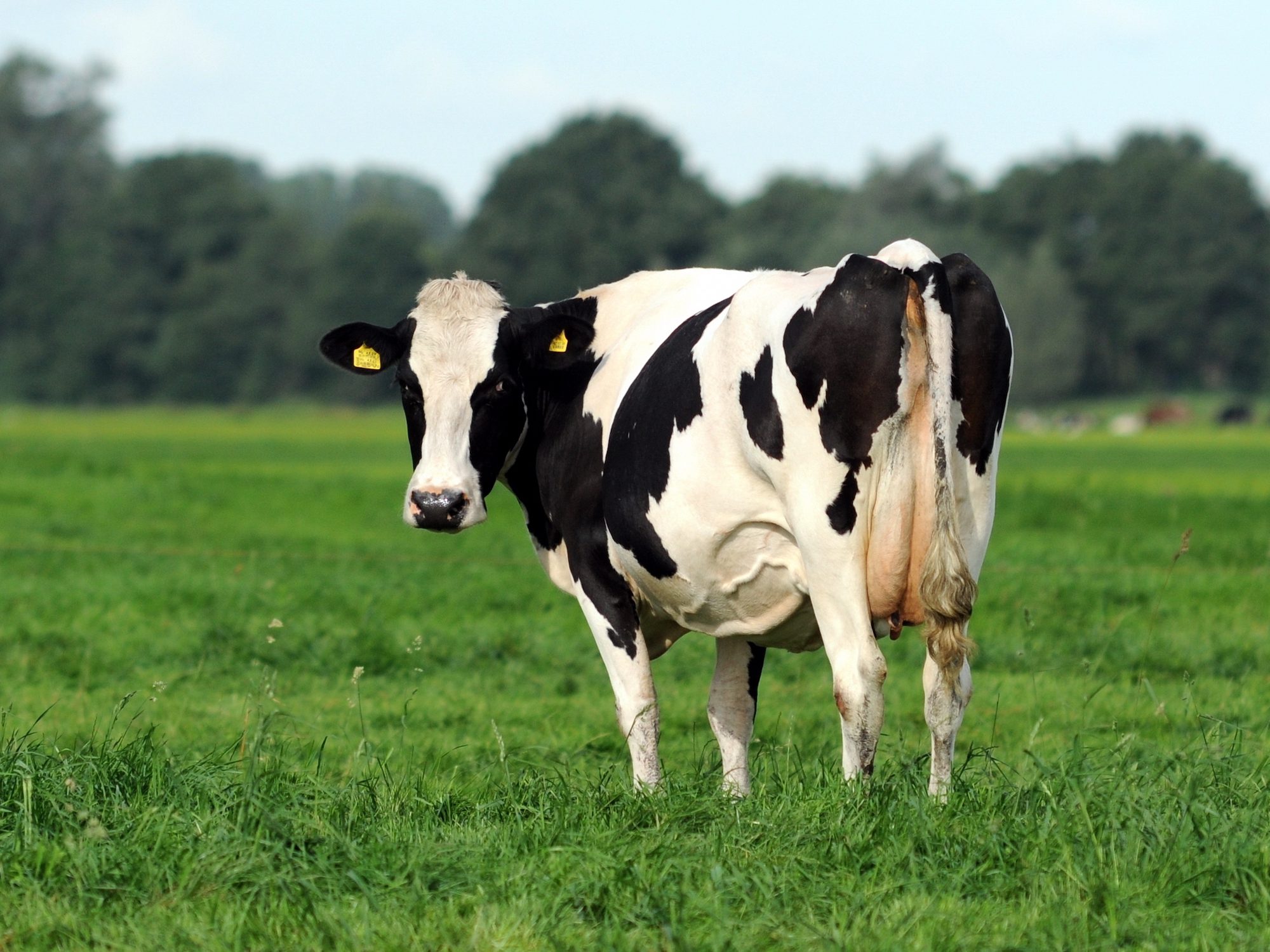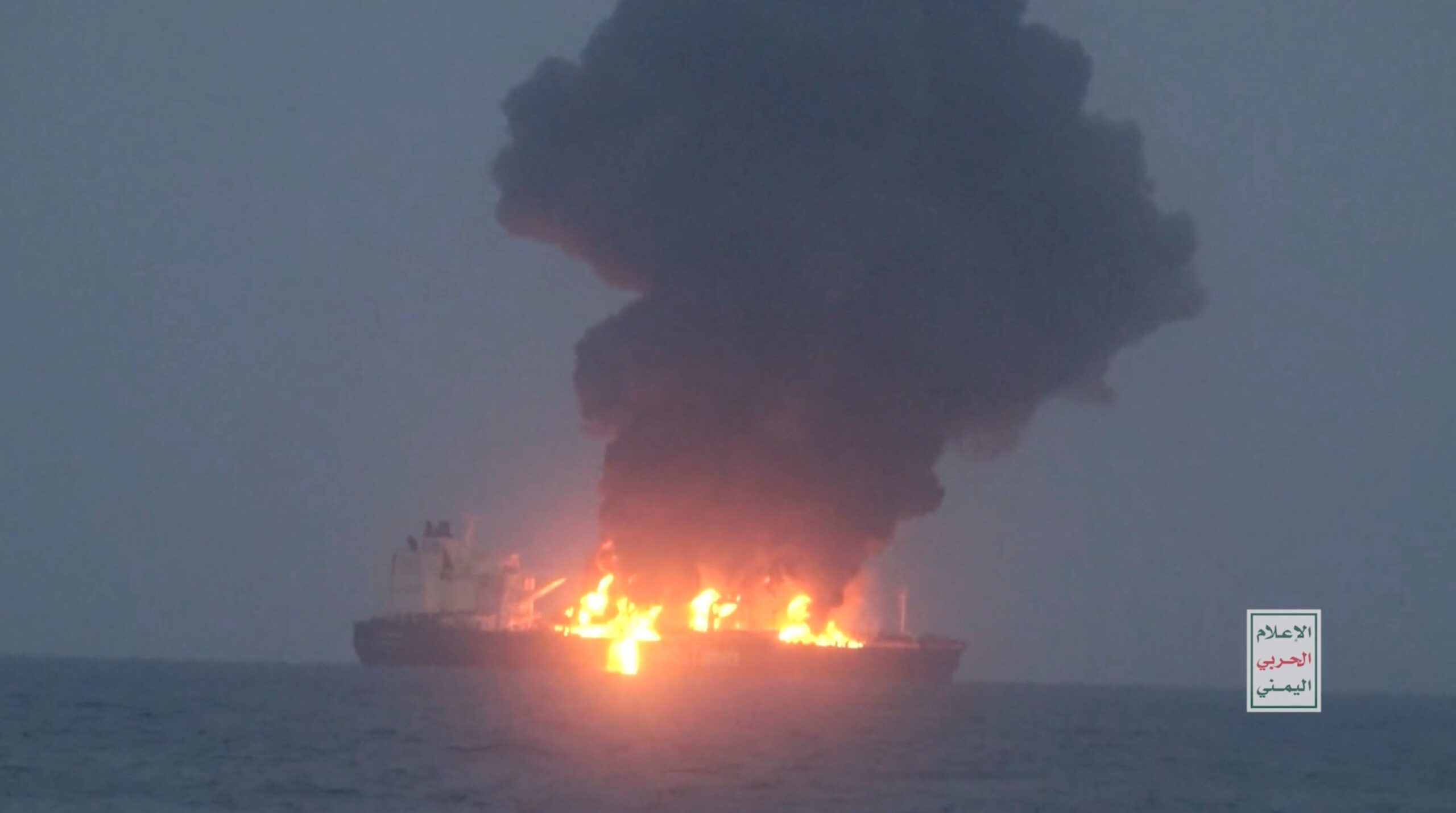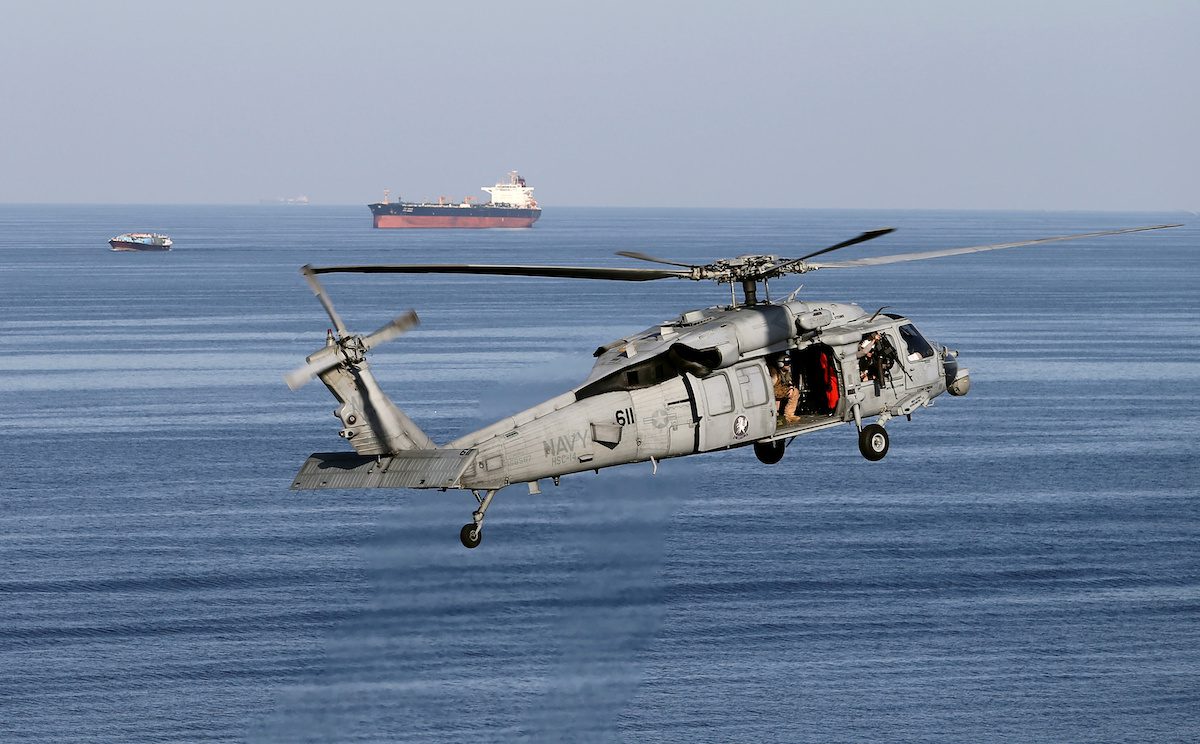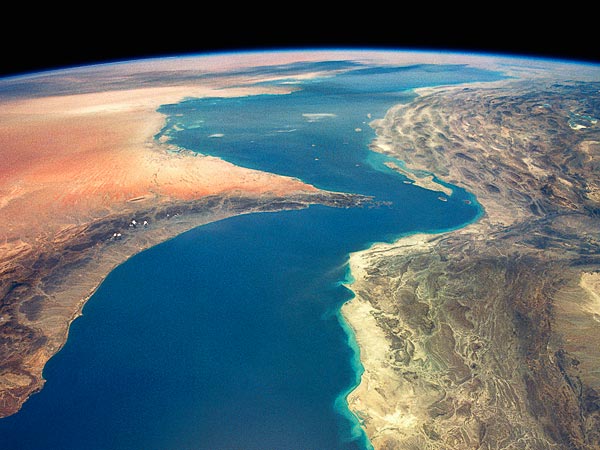In its quest to decarbonize shipping, Japan-based Mitsui O.S.K. Lines is turning to cow manure.
MOL has teamed up with a company called to Air Water Inc. to study the use of liquefied bio-methane in LNG-fueled vessels. The LBM is produced by Air Water from cow manure in the Tokachi region of Hokkaido, Japan.
Under a Memorandum of Understanding, the two companies will seek to confirm that LBM can be transported, supplied, and used without problems using existing shore and onboard equipment.
LBM is seen as an alternative to LNG as it uses unused biogas produced from cattle manure. While LNG fuel can reduce carbon dioxide (CO2) emissions by about 25% compared to conventional fuel oil, further reductions can be obtained through the partial use of LBM, a carbon-neutral energy source. Because the main component of both LBM and LNG is methane, current LNG and LBM supply chains are interchangeable.
Air Water kicked off LBM production in Japan in October.
The goal is to use LBM on a MOL coastal LNG-fueled vessel in the first half of this year, which will mark the first use of LBM as marine fuel in Japan.

 Join The Club
Join The Club











